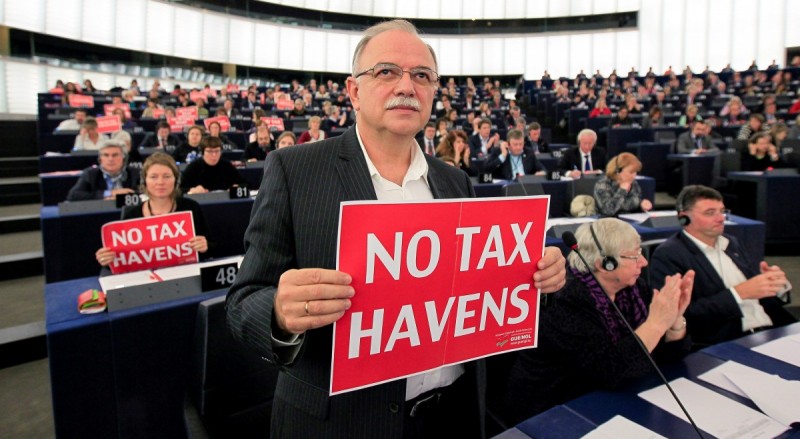CANADIANS FOR TAX FAIRNESS

Successive Canadian governments have treated taxes like a problem that can only be fixed through tax cuts, with more slashes promised from all sides during every election.
The result is a federal government with fewer revenues to spend on providing better services for its citizens. Government revenues as a share of the Canadian economy are now $50 billion lower than their long-term average.
Imagine the investments we could have made by now if governments had approached taxes not as a problem, but as a solution. Progressive tax policy has a significant role to play in addressing our country’s most pressing challenges, from the ongoing climate emergency to inequality’s seemingly unending expansion.
Even the head of the IMF, Kristalina Georgieva, recently called for higher tax rates on the highest incomes to address soaring inequality.
Though hardly known as a left-leaning global institution, the head of the IMF has acknowledged that extreme wealth is choking the global economy and increased spending on social programs is needed.
“Progressive taxation is a key component of effective fiscal policy,” she wrote.
Canadian politicians would be wise to heed her advice. Successive tax cuts carried out by our governments have been regressive. Not only have corporate tax rates been slashed in half since the 1990s, corporations and wealthy individuals today can choose from a growing array of tax loophole schemes that can help them avoid paying their fair share. As a result, incomes at the top 1% are taxed at an overall lower rate than all other income groups.
Canadian Dimension for more
